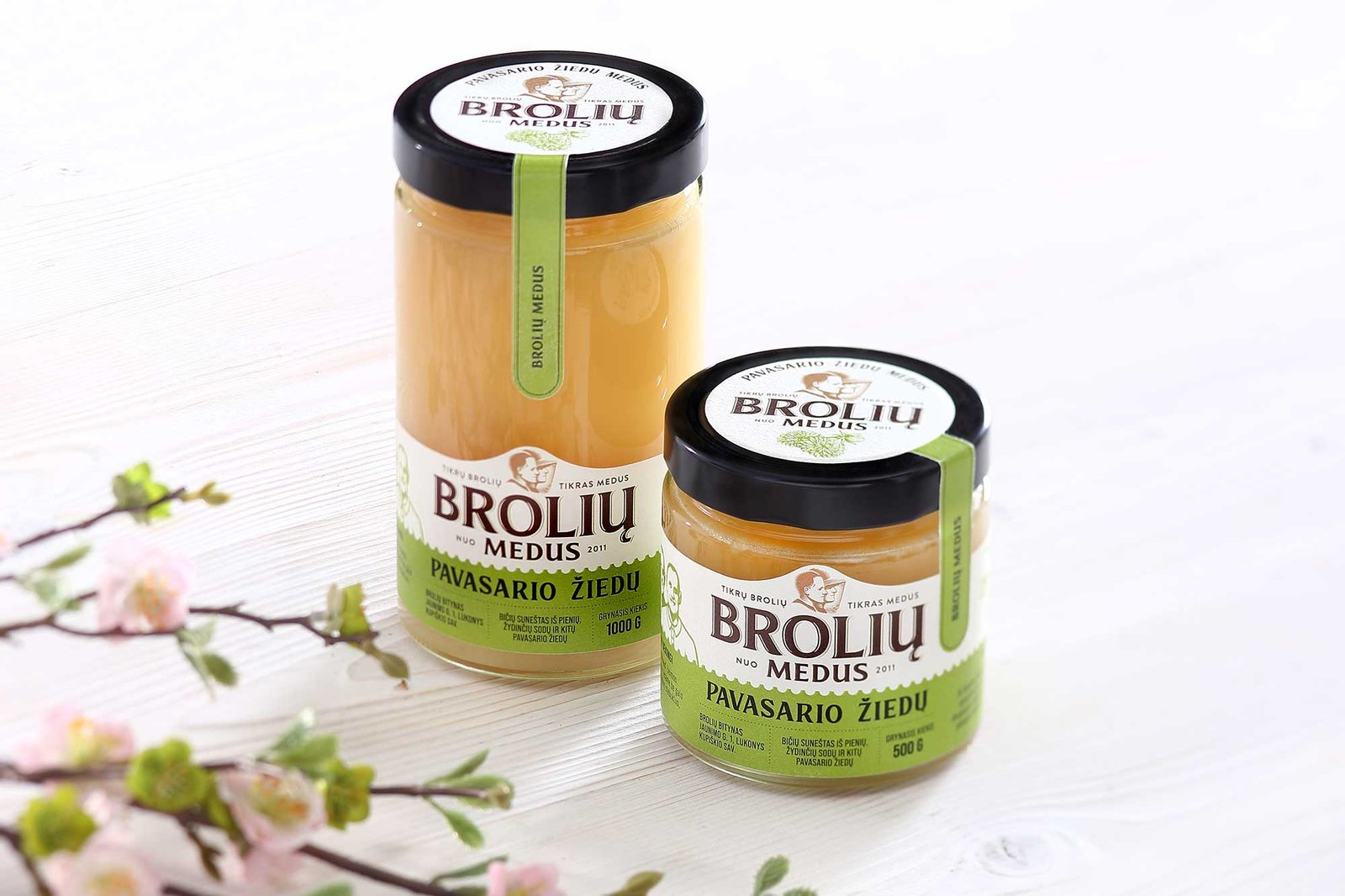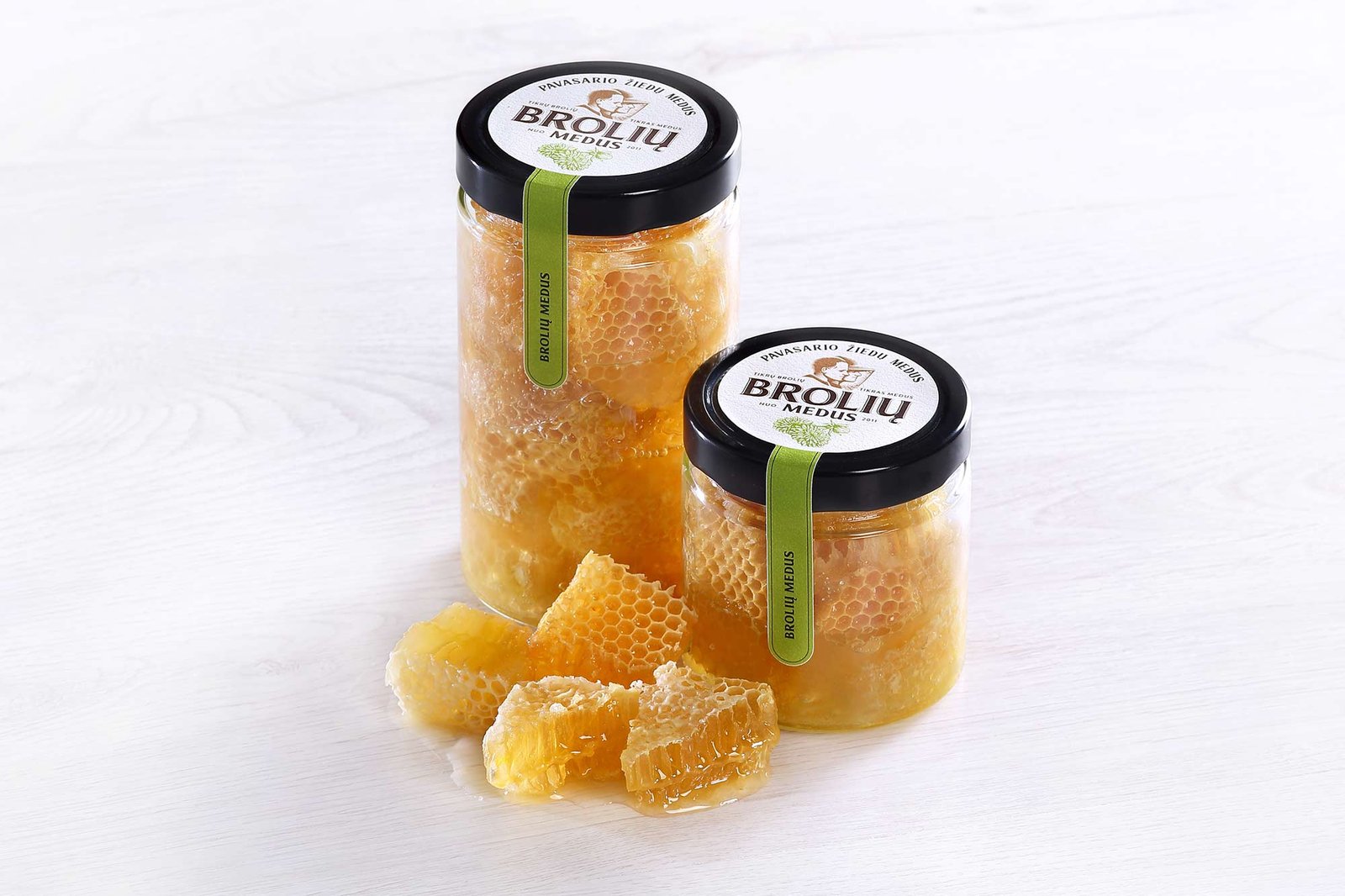Blog
Stomach acidity and honey. Can I use honey when I have heartburn?

Honey is becoming popular again. Along with improving dietary habits, more and more questions are being asked about whether it is safe to consume non-food foods, including honey, when suffering from various diseases. Gastroesophageal reflux (heartburn) is a relatively common condition, and many of our customers are interested in knowing whether stomach acidity and honey are compatible. The answer is yes. Honey with warm water reduces acidity (or rather normalises it) and can help to reduce the symptoms of reflux. We'll share our own and scientists' insights into what makes honey so miraculous and how to use it when acidity is on the rise.
Stomach acidity and honey. What do the scientists say?
Honey is a highly complex food. We have written many times about its rich composition. Our ancestors analysed this well and used honey extensively in folk medicine to treat wounds, digestive tract diseases and to improve psychological well-being. As the real causes of gastro-oesophageal reflux are finally coming to light, the search for other treatments that focus on causal rather than symptomatic treatment has begun.
So Honey can help to reduce the 'acid build-up' caused by both emotional stress and various inflammatory processes, and can also help in the treatment of gastritis and ulcers caused by bacteria Helicobacter pylori. The antibacterial compounds in honey work against this bacteria, while the hydrogen peroxide in honey also disinfects ulcers or other wounds in the digestive tract. Since reflux can also occur when free radicals are present, honey can help to prevent, not just treat, reflux by neutralising them. Scientific studies have shown that even one glass of warm honey a week has a positive effect on people suffering from gastro-oesophageal reflux disease.
For more on the composition of fashion, see our post "The composition of honey. Honey calories and what's behind them".
How and how much honey to consume?
As honey is not a medicine but a food, scientists do not prescribe exact "doses" for maximum results, nor do they define an "overdose" as it is difficult to overdose on food. However, it has been observed that A cold honey drink can increase acidity, while honey with warm water reduces acidity. So the first thing to do is to drink honey dissolved in warm (not hot!) water or herbal tea. Secondly, most authors recommend drinking warm honey in the morning, half an hour before meals. Based on these recommendations, we will consume a teaspoon of honey per day.
Stomach acidity and Honey are not directly dependent on each other. This means that the amount of honey we consume will certainly not have a drastic effect on our digestive tract, but rather on our weight. Moreover, it is very important not to think that replacing sugar with honey will have a similar effect. Heated honey loses many of its properties and changes its composition, so the only way to reduce stomach acidity is to use unheated honey, either by slowly swishing it around in the mouth or by drinking a warm honey drink. When heartburn is a problem, you will still need to cut down on baked goods, pastries and other flour products.
Honey It is also increasingly used for many other gastrointestinal ailments, such as gastritis, poor appetite, obesity, diabetes, etc. Read more about the benefits of honey in our post "The benefits of honey for the human body“.
Our honey For your health and well-being:
Spring honey - the honey of spring flowers
€5.40 - €8.60Honey with royal jelly (apilac)
Original price was: €29.70.€24.35Current price is: €24.35.Lime honey - the honey of summer flowers
€5.20 - €9.20Lipchius honey - the honey of autumn flowers
€5.20 - €9.30Buckwheat honey
€4.90 - €9.10Honeycomb
€5.20 - €8.40The scientific knowledge we have drawn on in this article:
- Math MV, Khadkikar RM, Kattimani YR. Honey - A nutrient with medicinal property in reflux oesophagitis. Indian J Med Res 2013;138:1020-1











